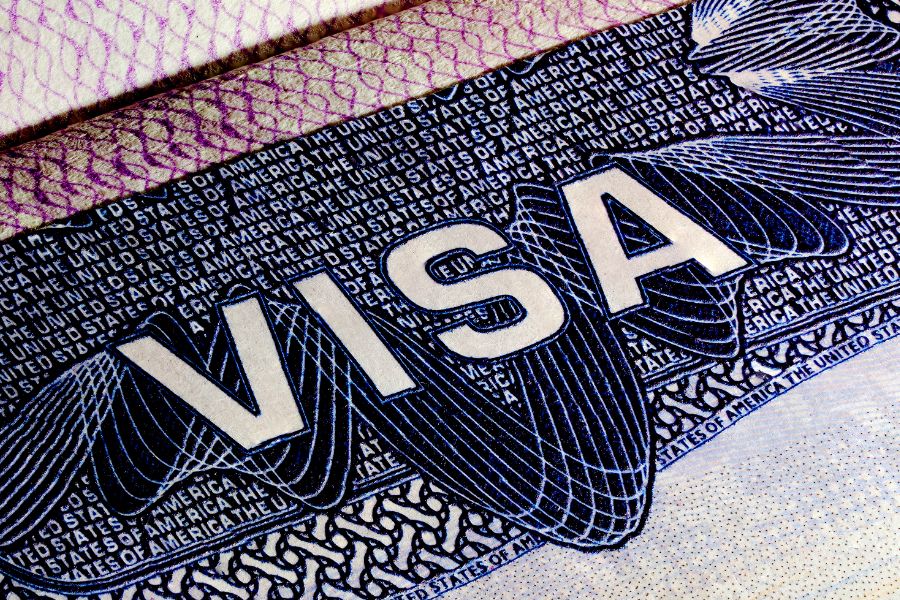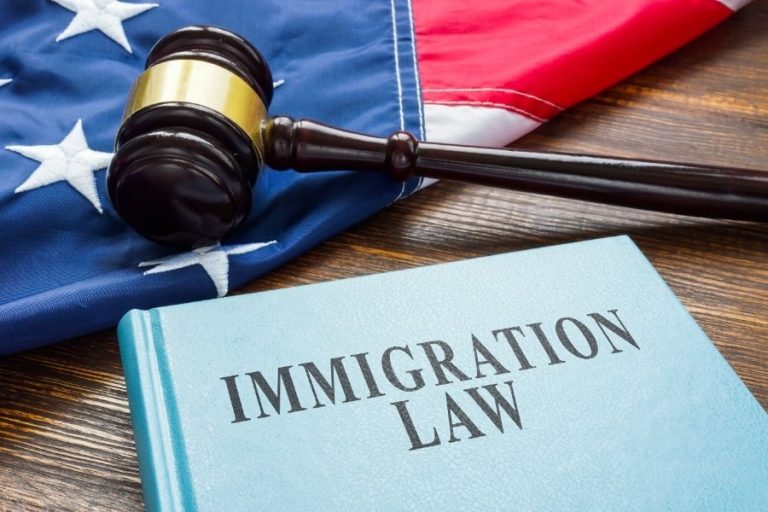The Intersection of Family and Employment Visas: Strategies for Mixed-Status Families
The intersection of family and employment visas can be complex, especially for the millions of mixed-status families in the U.S. Understanding the visa sponsorship procedures for family reunification, and the particulars of employment-based visa categories, are crucial. You’ll face challenges, from legal complexities to financial insecurity and educational barriers, but remember, you’re not alone. Legal representation could be a game-changer, helping you navigate immigration laws and offering protection for your family’s unity. By exploring more, you’ll discover effective strategies for managing this tricky intersection and ways to ensure a secure future for your family.
Understanding Mixed-Status Families
Venturing into the world of mixed-status families, it’s essential to realize that this is no small group isolated on the fringes of society. Over 4 million unauthorized parents of legal status children reside in the US, facing unique cultural dynamics. These families, with their varying immigration statuses, face immense psychological impacts as they navigate complex systems.
Educational barriers may prevent these families from fully integrating and accessing opportunities. Children in mixed-status families are often at a disadvantage, their educational journey disrupted by factors beyond their control. The same goes for healthcare access – it’s not always a given. The fear of exposure or deportation sometimes outweighs the need for medical care.
Yet, despite these challenges, there’s hope. Your community can play a pivotal role in supporting mixed-status families. By understanding their plight and providing support, we can help mitigate these challenges. This understanding begins with recognizing the moral imperative to support families in mixed-status households. Let’s not lose sight of the human element amid the legal jargon and policy talk. Remember, applying a social justice perspective is essential for research relevance and critical for community support.
The Family Reunification Process
Understanding the complexities of immigration law becomes even more challenging when mixed-status families begin the family reunification process. It’s a journey that requires careful navigation of visa sponsorship, eligibility criteria, and detailed application procedures.
The first step towards reunification is visa sponsorship. You, as a U.S. citizen or permanent resident, can sponsor certain relatives, paving their way to immigrate. However, not all family relationships qualify for sponsorship, so it’s essential to understand the eligibility criteria.
Application procedures, while complex, are manageable with the right guidance. Required forms, supporting documents, and application fees are part of this process. It’s important to pay attention to timelines and requirements, as deadlines are strict, and missing them can delay your family’s reunification.

Employment-Based Visa Categories
Traversing the landscape of employment-based visa categories isn’t a walk in the park, especially when your family’s future hangs in the balance. Visa eligibility hinges on specific employment requirements, from skilled work to investments, causing a shift in family dynamics.
For instance, if you hold an H-1B visa as a skilled worker, or an L-1 as an intracompany transferee, only you have the right to work. This can place a significant strain on your family, especially if they do not hold legal immigration status. Moreover, if you’re an EB-5 investor, although the path to permanent residency may seem smoother, it’s not without its challenges.
It’s essential to understand the visa implications for your family members. Your employment visa could impact their chance to stay in the U.S. And remember, you have legal obligations to adhere to, such as maintaining employment with the specific employer or business listed on your visa. Navigating this complex intersection of family and work visas is tough. Yet, with information and empathy, you’re not alone in this journey.
Challenges Faced by Mixed-Status Families
In the thick of it, mixed-status families face a unique set of hurdles. The legal complexities can be overwhelming, leading to financial insecurity and increased parenting stress. You may find it difficult to access the support services you need, while educational barriers add another layer of challenges.
- Legal Complexities: Maneuvering the legal system is tricky. Legal status disparities within your family can complicate matters further, making it hard to find a clear path forward.
- Financial Insecurity: Employment opportunities may be limited due to immigration status, leading to financial struggles that can impact your family’s well-being.
- Parenting Stress: The fear of being separated from your children due to legal status can lead to significant parenting stress, affecting the family dynamics and children’s development.
Educational barriers can also stand in the way of your children’s success. But remember, you’re not alone. Numerous mixed-status families are in the same boat, fighting similar battles. The key is to stay informed, seek professional guidance, and access available support services. This journey isn’t easy, but with perseverance and the right resources, you can tackle these challenges.

Importance of Legal Representation
Despite the obstacles you may encounter as a part of a mixed-status family, securing legal representation can be a game-changer. Legal advocacy is not just about winning cases; it’s about protecting your immigration rights and ensuring family unity. With a knowledgeable advocate by your side, you’re more likely to see case success.
Studies highlight the significant role of legal representation in immigration proceedings. Those with legal assistance often fare better, increasing the likelihood of positive outcomes. This support is especially essential in complex immigration scenarios that mixed-status families often face.
Your legal team can help you understand your rights, navigate complex immigration laws, and develop effective strategies. They provide essential support services, helping you keep your family together and thrive in the United States. Remember, your right to legal counsel is a cornerstone of the justice system, designed to protect individuals and families alike.
Investing in dependable legal representation can lead to increased stability within your family, offering a safeguard against uncertainties. It’s not just a safety net; it’s a proactive step towards securing a better future for your family.
Intersection of Family and Employment Visas
The intersection of family and employment visas can feel like maneuvering a maze, especially for mixed-status families. You’re dealing with not only the intricacies of visa eligibility but also the complexities of family dynamics. The situation becomes even more complicated when work permits and legal rights enter the picture. But, don’t lose hope; understanding the system and accessing the right advocacy resources can be your lifeline.
Leveraging Advocacy Resources: There are numerous organizations committed to supporting mixed-status families. These resources can provide critical assistance, from legal advice to emotional support.
Understanding Visa Eligibility: It’s essential to comprehend the prerequisites of both family and employment-based visas. This knowledge empowers you to make informed decisions that align with your family’s needs and employment aspirations.
Recognizing Legal Rights: You have rights, regardless of your immigration status. Legal experts can provide guidance on these rights and help you navigate the system confidently.







